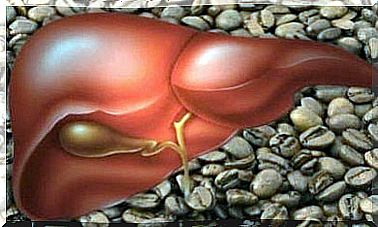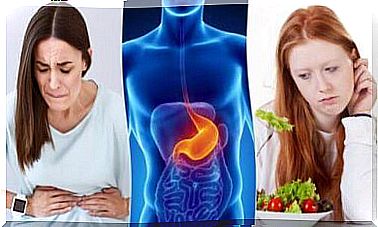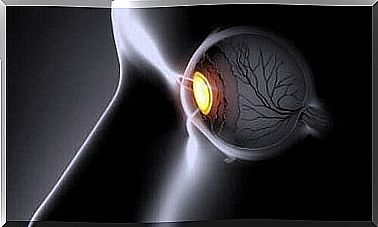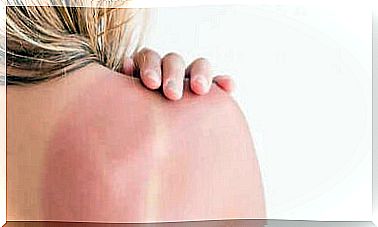All About Picky Eater Syndrome

Picky Eater Syndrome is a psychological disorder. When people suffer from this condition, their normal diet does not contain a healthy variety of foods and they refuse to take in new elements.
To be diagnosed as having syndrome, a person must have eaten fewer than ten different foods during their diet for at least two years in total. If these criteria are met, then we will face this strange pathology.
In the Diagnostic and Statistical Manual of Mental Disorders (DSM), it is listed as a disease with the official name: Avoidant/Restrictive Food Intake Disorder (ARFIV) also known as avoidant/restrictive food intake disorder (Spanish link). Let’s go deeper into it.
Picky Eater Syndrome and Its Relationship with Other Conditions
Picky eater syndrome can be the gateway to other eating disorders. We will briefly mention some of these eating disorders, including:
- Anorexia: Weight loss caused by the patient, even if they have a low body weight. This happens because of an excessive fear of weight gain.
- Bulimia: The sequence of impulsive behaviors called binge eating. Consists of ingesting large amounts of food in a short period of time and then expelling it through unnatural mechanisms such as induced vomiting.
- Orthorexia: The obsession with consuming only foods that are considered healthy by the patient on an irrational level. In other words, the individual is overly concerned about what he is eating.
- Vigorexia : the pathological obsession to maintain a muscular body. To achieve this, people who suffer from it exercise too much and make extreme changes to their diet.
Who does picky eater syndrome affect?
While the condition can occur at any stage of life and can affect anyone, it usually affects two specific populations. The two most affected groups are children and athletes. Let’s take a closer look at each section.
Children and the picky eater syndrome

Picky eater syndrome often occurs during childhood. It has a prevalence of about 15% in children under 6 years of age. Parents know that it is difficult for children to absorb food. Something called food neophobia occurs in the little ones: the fear of trying new items on their menu.
Given that, according to this study from the University of the Basque Country, Spain (Spanish link), this usually develops between the ages of two and six and is normal: it is part of the process of growth and development. Adults need to understand that this is something that is normal in preschool age.
However, when the child goes to extremes, we can speak of the picky eater syndrome in a child. It is estimated that about 15% of children under six years of age suffer from it and it tends to be more common in girls than boys. About for every boy with this syndrome, there are four girls who have it.
In addition, the long-term problem is that it can be continued into adulthood. Often, parents become persistent in taking food in a counterproductive way and children enter an anxiety cycle that further fuels the disorder.
The presence of selective eating syndrome in childhood has been associated with certain personality traits that persist into adulthood:
- Social anxiety.
- Inability to adapt to changes.
- Compulsive neurosis.
- Fear.
Picky Eater Syndrome in Athletes

When those who practice sports become professionals or practice them more and more, they run the risk of becoming obsessed. This obsession can become apparent in the preparation of the diet, especially if the sportsman or woman only wants to increase his muscle volume or maximize his performance.
They often don’t even think about the consequences of pushing their bodies to these extremes. Menus based solely on protein are common and also a diet based on chicken and tuna in the three daily meals alternating with pasta.
This small variety forces the body to work metabolically in atypical ways. This is harmful in the long run and can cause metabolic diseases that will become apparent over the years.
The consequences
The lack of nutrients is especially serious for the human body. Macronutrients and micronutrients are undoubtedly essential for the functioning, development, growth and repair of the body’s cells and tissues.
Minimal deficiencies can affect the healing process, said nurse Carmen Carrera of Virgen del Rocío University Hospital in Seville, Spain (Spanish link). In growing children there will not necessarily be alarmingly low weight, but low height may be associated with the deficit.
As this research from the Institute of Neurology and Neurosurgery of Havana, Cuba states (Spanish link), the nervous systems of children are undoubtedly and particularly sensitive to the syndrome.
There can be a significant difference in IQ between children who suffer from the syndrome and children who do not. This naturally affects school performance.
The social interference that the disorder has is also not small. People with selective eating syndrome do not attend social events where there is food (for example, birthdays).
They know they will be exposed in those situations. For that reason, they are increasingly withdrawn and spend more time in solitude, making the options of outside help difficult.
It is essential to seek psychological help
If someone has this syndrome, then the good intentions of loved ones are not enough to reverse the diet. They are likely to fail if there is no proper guidance.
Basically, it’s a mental health issue and as such professionals are needed in that area. It is often a combination of disorders. So it is essential to consult psychologists or psychiatrists to characterize the situation.









